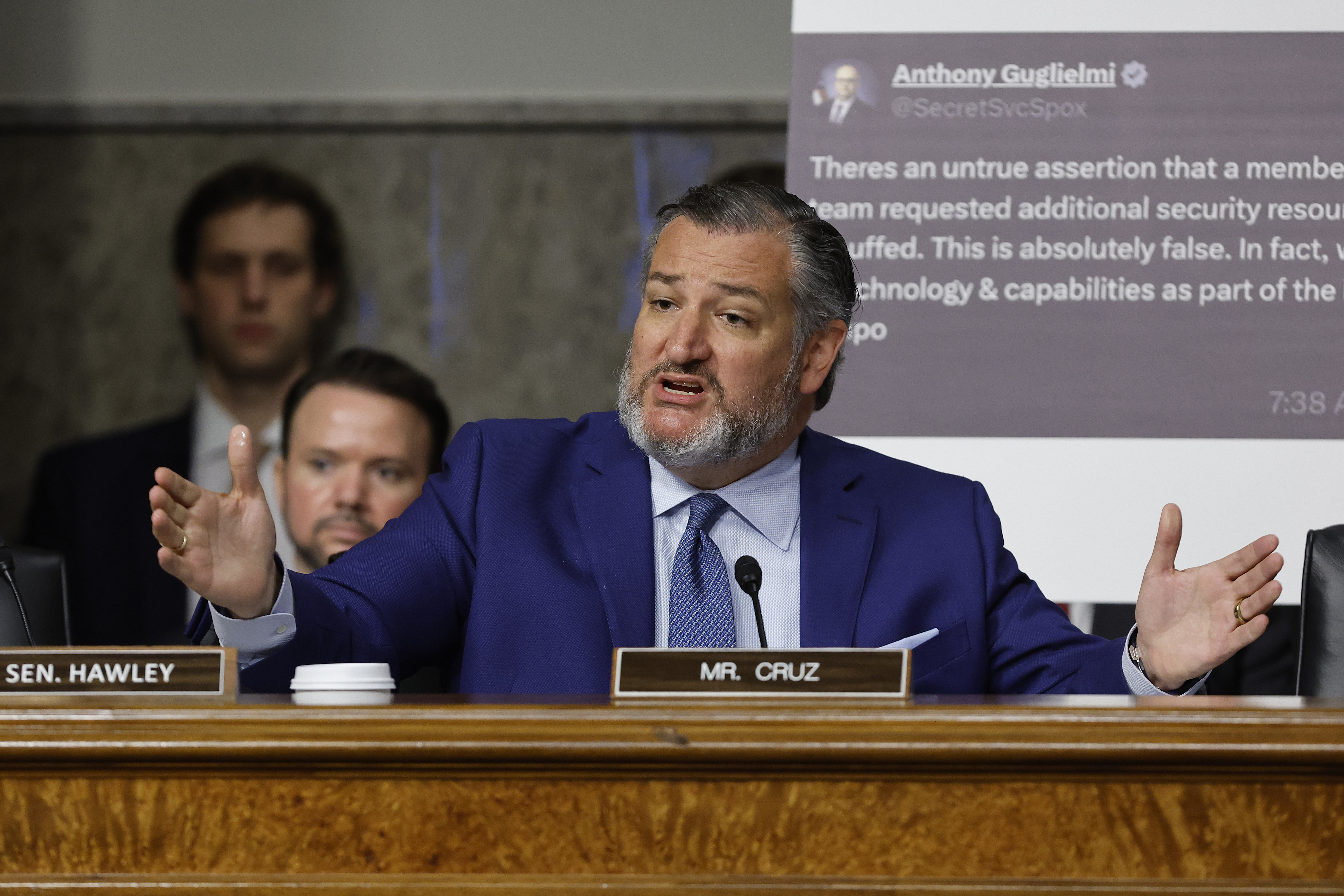
The Senate Commerce Committee voted Wednesday to support a new bill funding the broke Affordable Connectivity Program (ACP) with $7 billion, a move that sparked opposition from the committee’s ranking member, Sen. Ted Cruz (R-Texas), who said he’ll fight it on the Senate floor.
The funding plan also includes $3 billion for the also-broke “Secure and Trusted Networks Act” (otherwise known as “Rip and Replace”), which is backing the effort to remove technology equipment from Chinese suppliers Huawei and ZTE from U.S. broadband networks.
Also read: ACP May Get $6 Billion Lifeline With New Bipartisan House Bill
The ACP ran out of money at the end of May, putting the ISP accounts of 23 million Americans who signed up for it in flux.
Last week, both Comcast and Charter Communications both reported their worst quarterly broadband customer performances ever, with Charter losing nearly 150,000 customers from April through June. The loss of ACP funding was mentioned by company executives as a driving factor for customer defections.
Cruz has voiced his support in the recent past for re-funding a slimmed-down version of the ACP, a three-year-old FCC-managed government subsidy program designed to provide high-speed internet to low-income citizens.
But as detailed in D.C. journalist Ted Hearn's increasingly essential PolicyBand newsletter, Cruz said the new Senate committee bill "has no reform in it at all. It's not paid for or offset in anyway."
Sen. Peter Welch (D-Vt.) responded by saying the funding will be offset by the FCC's spectrum auctions.
The Senate bill is brewing as two House representatives earlier this week, one Democrat and one Republican, also proposed a new bill to provide ACP with $6 billion.
That proposal does include reforms, such as lowering the threshold for eligibility from those earning 200% or less of the federal poverty line maximum to just 135%. Basically, a couple who had been eligible for ACP support with a combined household income of $41,000 would have to see their income drop to $28,000 to be eligible.
As for the Senate bill, it's unclear how much bipartisan support it has, but simple mathematics suggest the 14-12 vote might have occurred across party lines.
The Senate Committee on Commerce, Science & Transportation currently seats 14 Democrats and 13 Republicans. According to PolicyBand, Sen. J.D. Vance (R-Ohio), the Republican vice presidential nominee and described staunch supporter of the ACP, wasn't at Wednesday's vote.







